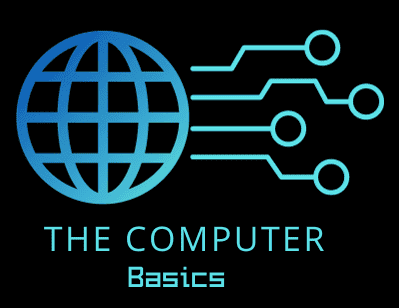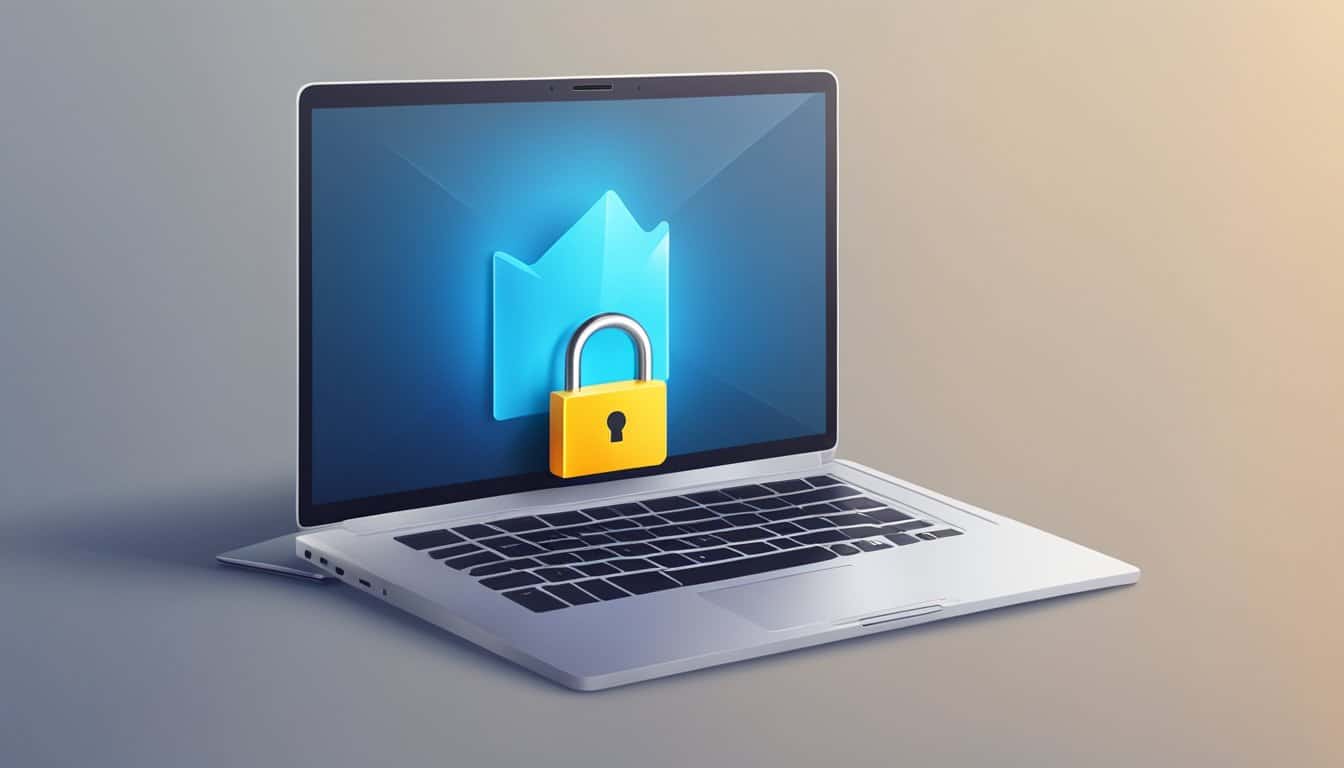Internet privacy is a crucial aspect of navigating the online world that often goes overlooked. In essence, it’s all about your ability to control who gets their hands on your information and how it’s used.
Your digital footprint – which includes your personal details, browsing habits, and even your location data – is a goldmine for various entities on the web. Companies may want to use your data to tailor their ads, while others might have more intrusive agendas.
Understanding the foundations of digital privacy can equip you with the knowledge to safeguard your personal information. It’s not just about keeping secrets; it’s about maintaining control over your online presence.
Each click, search, and social media post contributes to the compilation of your personal profile, which can be used in ways you may not anticipate.
Protecting this data isn’t an insurmountable task, but it does demand a proactive approach to your online behavior and the security measures you put in place.
Understanding Internet Privacy
Navigating the digital landscape requires an understanding of internet privacy to safeguard your personal data from potential threats.
The Importance of Online Privacy
Your online privacy is critical; it’s about maintaining control over your personal information on the internet. Whether you’re browsing, shopping, or socializing, the ability to manage who accesses your information influences your freedom and security.
It’s not just about hiding; it’s about choosing when and how your data is used.
What Constitutes Personal Information
Personal information, or personal data, encompasses a variety of details you may consider private. This includes your name, contact details, location, and even your browsing habits or purchase history.
Every bit of your digital footprint – every site visited, every online transaction, and every social media post – contributes to this cache of personal info.
Common Threats to Your Privacy
When online, you’re facing numerous privacy threats that aim to compromise your personal data.
From phishing scams that trick you into divulging information to sophisticated malware designed to stealthily harvest data, your digital privacy is under constant siege.
Unauthorized data breaches and inadequate security can expose your personal info, which is why understanding and implementing robust security measures is non-negotiable.
Strategies to Protect Your Privacy

Protecting your online privacy starts with proactive steps you can take right now. From more secure passwords to the technology running on your devices, let’s walk through how you can safeguard your digital life.
Setting Strong Passwords and Authentication Methods
Creating strong passwords is your first line of defense against unauthorized access to your accounts.
A strong password is typically long, a mix of upper and lower case letters, numbers, and special characters. Avoid using easy-to-guess information like birthdays or common words.
Two-factor authentication (2FA) adds another layer of security.
Even if someone discovers your password, they wouldn’t be able to access your account without this second verification step, which often involves a code sent to your phone or generated by an app.
Utilizing Antivirus and Anti-malware Software
Keep your devices safe from malicious software with antivirus and anti-malware programs.
These software tools can detect, quarantine, and remove unwelcome guests that could compromise your sensitive information.
- Make sure that your antivirus is always updated to protect against the latest threats.
- Regularly run system scans to catch potential issues early.
- Use a firewall in conjunction with your antivirus for an extra layer of defense.
The Role of VPNs in Privacy
Virtual Private Networks (VPNs) are a powerful tool in maintaining your online anonymity and securing your data.
By encrypting your internet connection, a VPN hides your IP address, which can be critical when you’re on public Wi-Fi networks where your data is more vulnerable.
- Choose a reputable VPN provider with a strict no-logs policy.
- Ensure the VPN offers strong encryption to safeguard the data transmitted from and to your devices.
- Some VPNs come with additional features, such as a kill switch that disconnects you from the internet if the VPN fails, providing continuous data protection.
Staying Safe on Social Media and Apps
In today’s interconnected world, it’s vital to manage your personal information wisely. Let’s dig into how you can keep your digital presence secure and retain control over your privacy on various platforms.
Managing Your Online Footprint
Your digital footprint is the mark you leave on the internet, which includes everything you post, like, and share on social media and apps.
One essential step is thinking before you share. Information once shared online can be difficult to remove.
On platforms like Facebook and Instagram, adjust your privacy settings to control who can see your posts.
Regularly audit your profile, and delete or privatize posts that no longer represent you well.
Controlling App Permissions
Each app on your device can request access to different types of data and functionalities, like your camera or contact list.
Always be selective about which permissions you grant. For example, a flashlight app shouldn’t need access to your contacts.
On platforms like Google, regularly review and revoke permissions for apps that you no longer use or that request more access than they should need.
Dealing with Tracking and Targeted Advertising
- Cookies and Tracking: Websites and apps may use cookies to track your browsing habits. While these can improve your user experience, they can also be used by advertisers to deliver targeted ads.
- Do Not Track: Use your browser’s Do Not Track feature and explore privacy-focused extensions to minimize tracking.
- Data Collection: Always review the privacy policies of apps like WhatsApp to understand how your data is collected and used.
- If a service’s data collection practices don’t align with your privacy standards, consider using an alternative.
Legal and Ethical Aspects of Data Privacy

In navigating the online world, you’ve likely encountered various laws and ethical matters around your personal data. It’s important to understand how these protect your rights and the challenges they can bring.
Understanding GDPR and Other Regulations
GDPR – the General Data Protection Regulation – is a pivotal European Union regulation that’s reshaped how your personal data is handled, setting a global standard.
If you’re using online services that operate in the EU, you have specific rights under GDPR:
- Right to Access: You can ask companies to reveal what personal data they have on you.
- Right to be Forgotten: You can request the deletion of your data under certain circumstances.
Besides GDPR, other regional laws like the California Consumer Privacy Act (CCPA) may apply to you, giving you a degree of control over your data that third parties – including ISPs (Internet Service Providers) and data brokers – collect and sell.
Balancing Privacy and Public Safety
Debates on privacy often highlight tension between your personal rights and the duties of law enforcement agencies.
For instance, can and should your data – including metadata like your call logs – be accessed without your consent?
- Law Enforcement: Agencies argue that access to communications data is key for public safety and combating crime.
- Your Rights: However, such access raises questions about the potential infringement on your privacy rights.
Sensitive data – which includes your race, sexual orientation, or health information – requires even stricter handling.
While you might support efforts to keep communities safe, it’s crucial to know where to draw the line to ensure your privacy isn’t unjustly compromised.
Advanced Topics in Internet Privacy
Navigating internet privacy goes beyond just basic practices. Once you’ve got the hang of those, it’s time to look at how emerging technologies and innovations are reshaping expectations and strategies.
The Intersection of AI and Privacy
AI’s integration into daily life has pushed the boundaries of privacy.
Your data feeds AI algorithms, making it smarter, but also raising concerns about how your information is used and protected.
When you engage with AI-powered systems, be it chatbots, recommendation engines, or virtual assistants, you’re often trading bits of personal data for convenience.
Thinking about ethical internet privacy involves assessing not just what AI can do, but what it should do with your information.
Emerging Tech: IoT and Wearables
The surge of IoT devices and smart home tech is a game-changer for online tracking and anonymity.
From smartwatches that monitor your health to thermostats that learn your schedule, every connected device collects data. This data could potentially lead to a data breach if not properly secured.
- IoT Devices: Require rigorous password management and network security. These measures prevent unauthorized access to your private data.
- Wearables: Go beyond mere fitness tracking to integrate deeply into healthcare and lifestyle. This integration necessitates strict controls over who can access and analyze your health metrics.
Both technologies demand that you stay informed about your devices’ privacy settings and the terms of service agreements. These agreements dictate how your data could be used or shared.
Remember, you’re the gatekeeper of your public internet presence and the integrity of your personal information.

